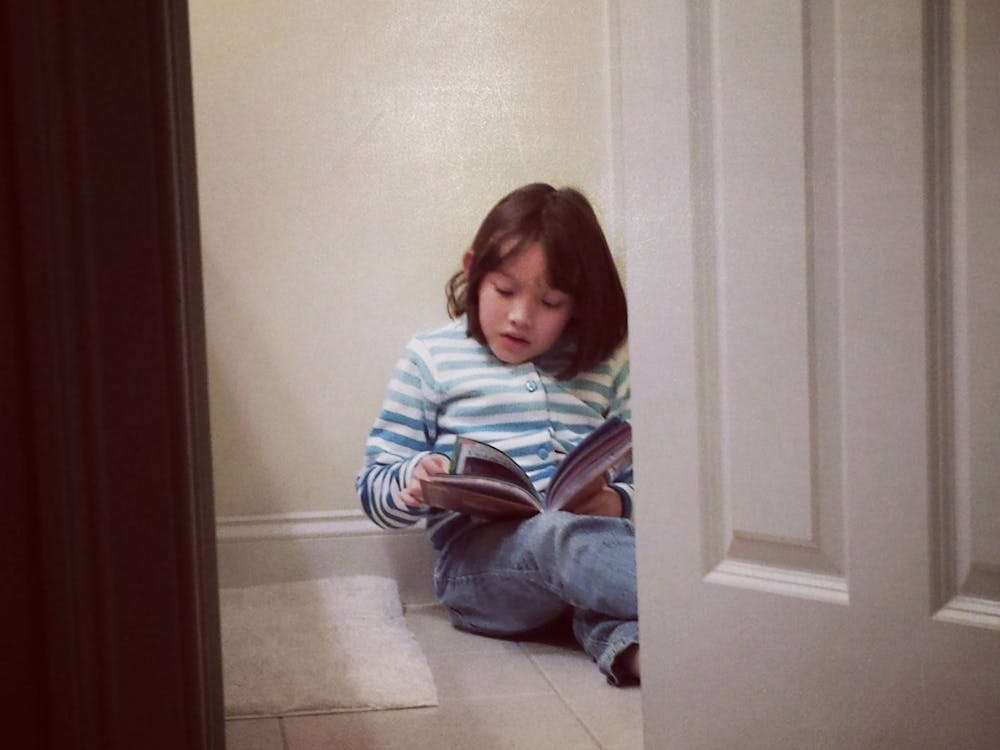
“Do you feel more Chinese or American?”
We were studying abroad in China, enjoying the best that Shanghai bar life has to offer, when one of my classmates asked me this. She asked the question to a fellow Chinese American student, who sat tall next to me. His answer? “American, through and through.”
Then she turned to me. “Chinese or American?”
I hesitated. “Um… I don’t know.”
On the one hand, it’s a question with a simple answer. You’re either an American citizen, or you’re not. But identity is a finicky thing, and for the longest time I never really felt comfortable identifying with the American side of the hyphen.
There are several reasons for this, and racism is a big one. As a Chinese American, I was a “perpetual foreigner,” never to be part of “real” (i.e. “white”) America. Racial slurs and jokes were common during my formative years. What wasn’t common was seeing “my people” playing prominent roles in American life. Similarly, the role “my people” had in American history was not emphasized in school.
But perpetual foreignness aside, there are also other reasons. For example, the fact that I was born in China and had a Chinese passport for most of my childhood.
Or that even after I got naturalized, I’m still constitutionally ineligible to be President, and thus a step less than a natural-born citizen in the eyes of America’s founding document.
Or how in my family, we always referred to ourselves as zhongguo ren — as Chinese — in contrast to meiguo ren — the Americans. As if we’re not Americans ourselves.
Or similarly, how my friends and I would describe ourselves as “Chinese,” “Indian,” and so on in school.
Only when I arrived at Hopkins did I start to seriously think about my American-ness. Once you interact with Chinese or Indian international students on campus, suddenly your “perpetual foreignness” doesn’t seem so foreign. Participating in Hopkins civic life has influenced what being “American” means to me, while taking a course on Asian American politics has shaped my view on what “America” is.
Once, during an interview for an Inter-Asian Council photoshoot, the interviewer got up and declared “but you ARE American!” At first, I was taken aback, but now I know it’s nothing more than an admission of reality.
I am American. There are a lot of differences between me and someone who grew up in China, with clear contrasts on things like passport color, language and food.
My English is better than my Mandarin, I use Facebook over WeChat and going to China counts as “study abroad” for me. But there’s also deeper differences.
Take race. Had I grown up in China, nobody would’ve said I looked like Jackie Chan or asked if I ate dog. But I wouldn’t have had the social justice perspective I cultivated while growing up as a minority. I would not have grown up with the legacy of the Civil Rights Movement, nor would I have had anything close to the multiracial, multicultural community that raised me. Growing up as a “perpetual foreigner” was often unpleasant. But it made me who I am.
In my study abroad program, I usually ended up gravitating toward my fellow Americans. Not only was it easier to use English over Chinese, but I shared a common, broader culture with them. And many of the students, including the girl who asked me how I identify, are people of color, so we have that shared experience of growing up as minorities in America.
Yet as much as I’ve been Americanized, I’m still Chinese. I still retain aspects of that millennia-old culture. While my Mandarin isn’t as developed as it could be, I still speak it, especially with my parents. I cook Chinese dishes like tomato and egg every week and I follow the Confucian emphasis on education by going to nightly Brody sessions.
So, do I feel more American or Chinese? It’s hard to say. In a world dominated by Sino-American tensions, rampant nationalism and growing xenophobia, it can be tempting to embrace one side and disavow the other.But I reject that. For one, we are all human; to pick sides and separate ourselves into “us” versus “them” is always a fool’s errand. But especially for me, it’s an impossible task. Both sides have shaped me, my identity, my culture and my worldview.
In other words, I am who I am.
Chinese. And American. A stranger in a strange land.





